2011 Honda Civic Brake Rotors and Pads
Click here to search another vehicle
All Rotors:
OEM x
Coated x
Drilled, Slotted and Coated x
Front x
Rear x
All Pads:
Ceramic x
Semi-metallic x
Front x
Rear x
Found 32 record
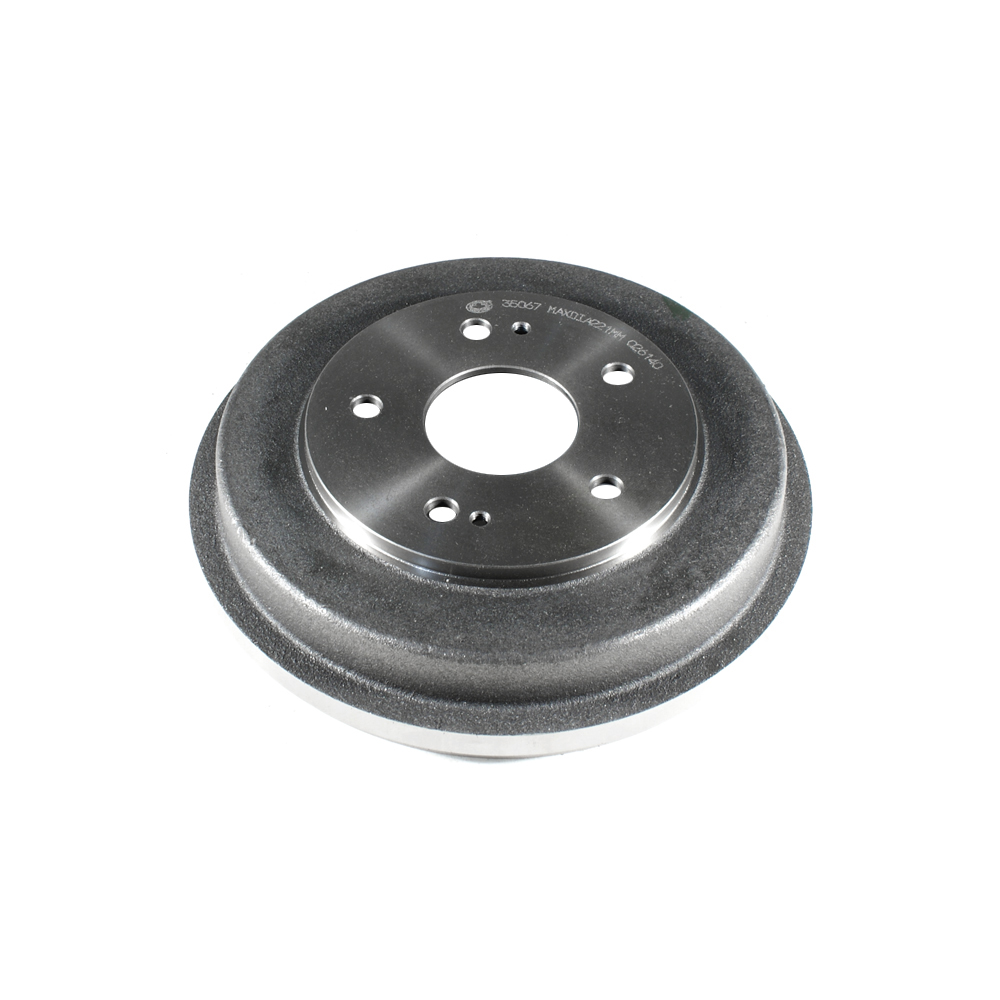
Part No: BD35067
Raybestos: 9653
OE: 42610S70000
Raybestos: 9653
OE: 42610S70000
$39.62 each
Per Car QTY: 2
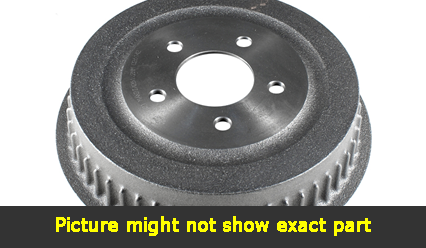
Part No: BD35113
Raybestos: 9775
OE: 42610SNAA00
Raybestos: 9775
OE: 42610SNAA00
$33.77 each
Per Car QTY: 2
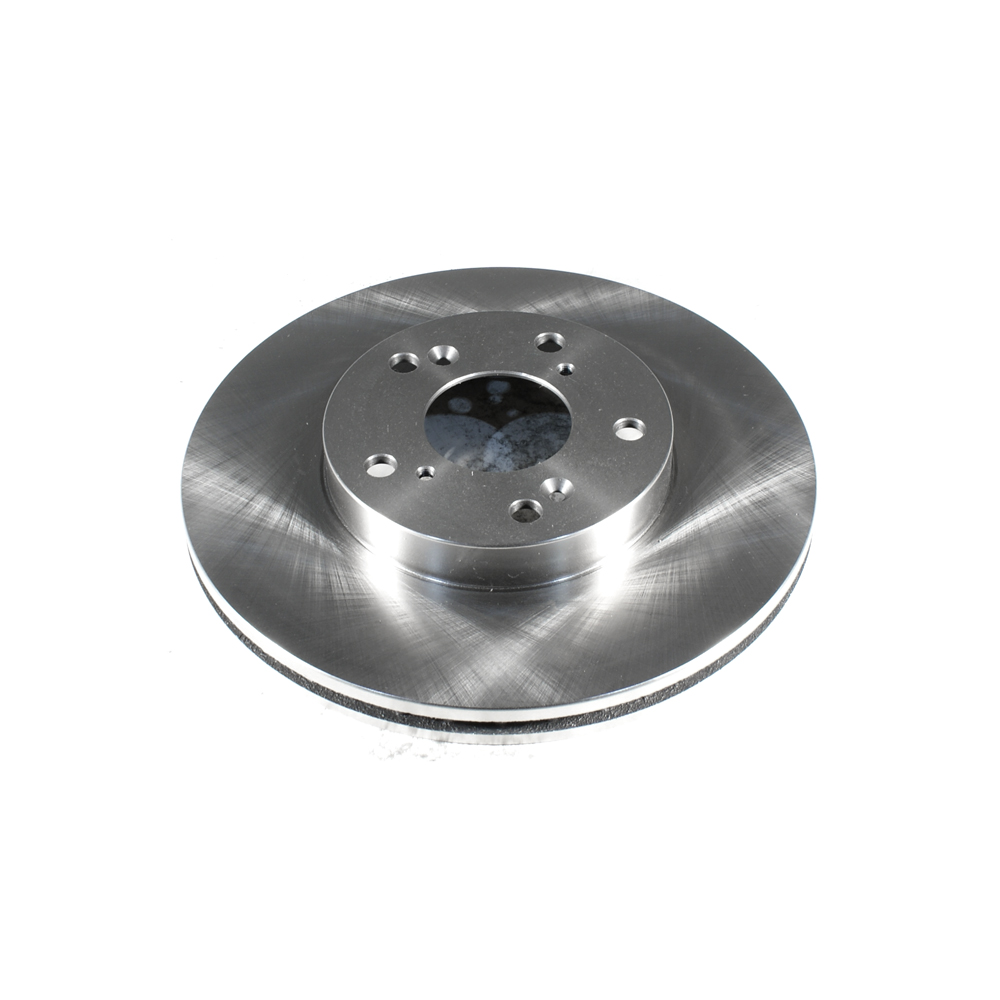
OEM Replacement Brake Rotor
Position: FRONT
Fitment Notes: EX, EX-L; GX; LX; Automatic Transaxle; 1.8L L4 Eng. 222
Position: FRONT
Fitment Notes: EX, EX-L; GX; LX; Automatic Transaxle; 1.8L L4 Eng. 222
Part No: BR31257
Raybestos: 96711/980072
OE: 45251TA5A00
Raybestos: 96711/980072
OE: 45251TA5A00
$36.52 each
Per Car QTY: 2
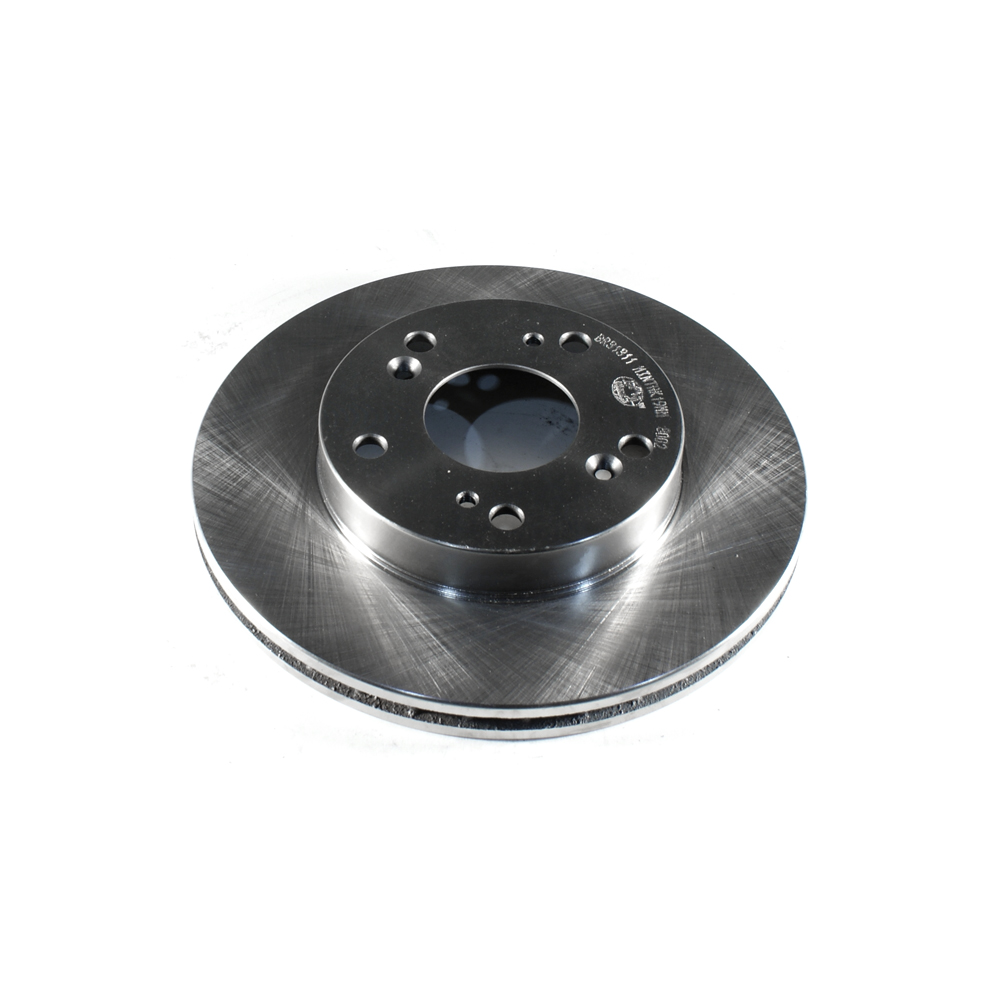
Part No: BR31311
Raybestos: 980059
OE: 45251S6M000
Raybestos: 980059
OE: 45251S6M000
$31.73 each
Per Car QTY: 2
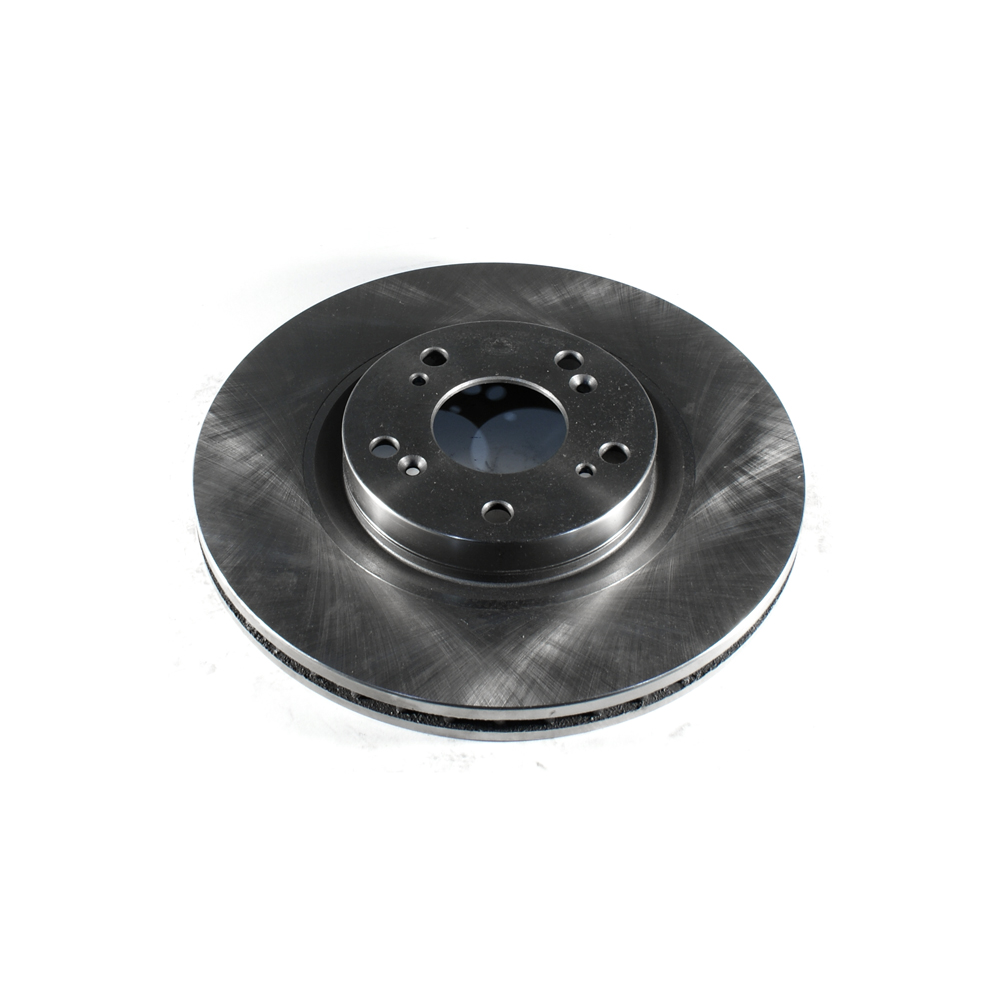
Part No: BR31381
Raybestos: 980317
OE: 45251SNEA00
Raybestos: 980317
OE: 45251SNEA00
$40.03 each
Per Car QTY: 2
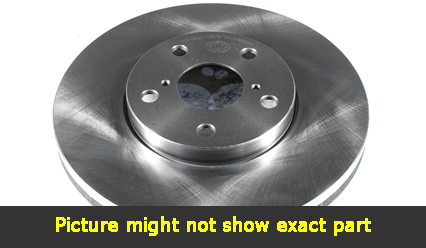
Part No: BR575121
Raybestos: 981037
OE:
Raybestos: 981037
OE:
$37.66 each
Per Car QTY: 2
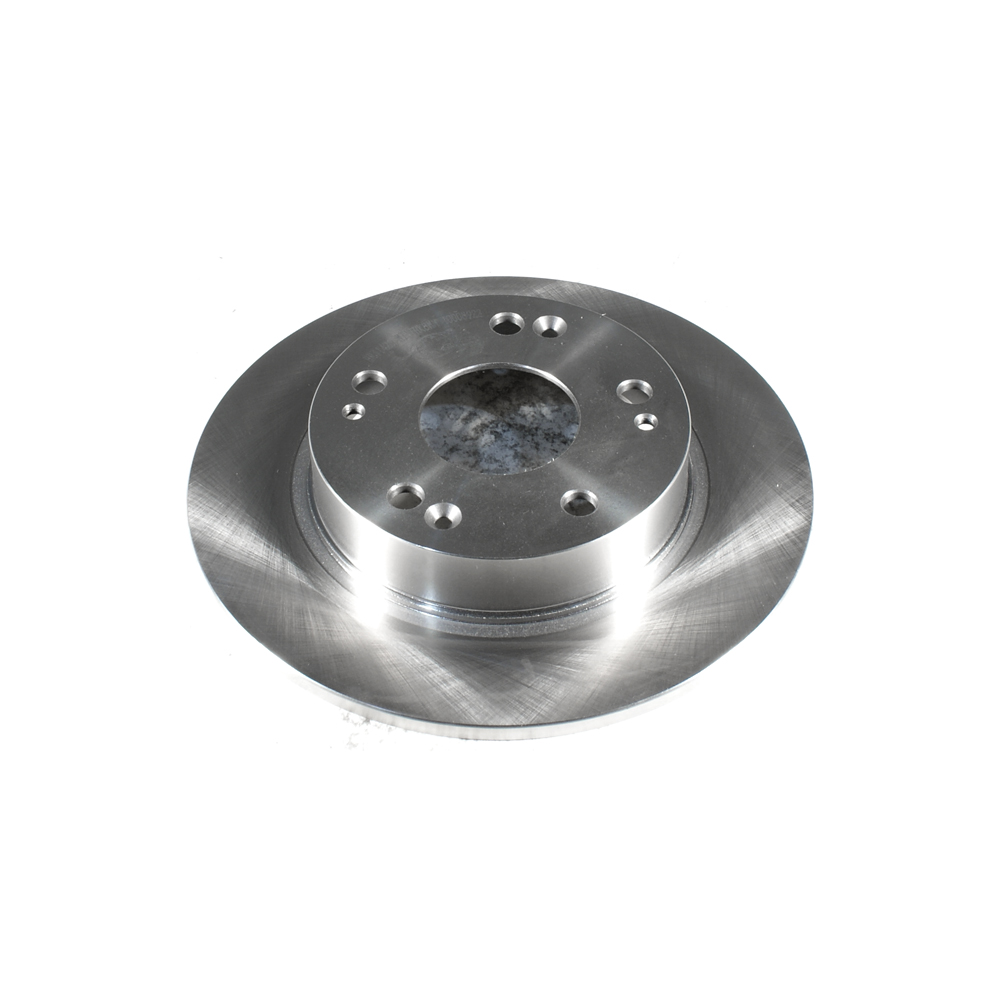
Part No: BR31420
Raybestos: 980402
OE: 42510SNAA00
Raybestos: 980402
OE: 42510SNAA00
$21.74 each
Per Car QTY: 2
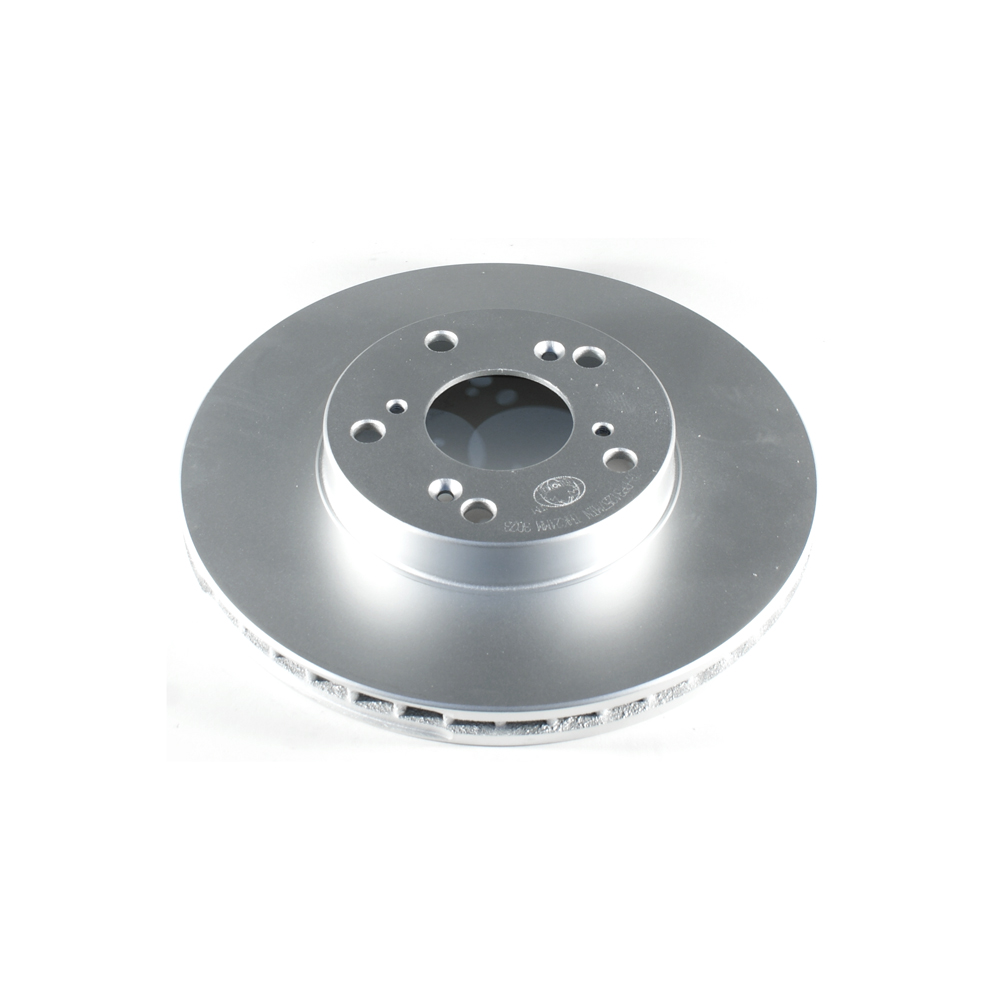
Part No: PP31257
Raybestos: 96711
OE: 45251S7AN10
Raybestos: 96711
OE: 45251S7AN10
$45.94 each
Per Car QTY: 2
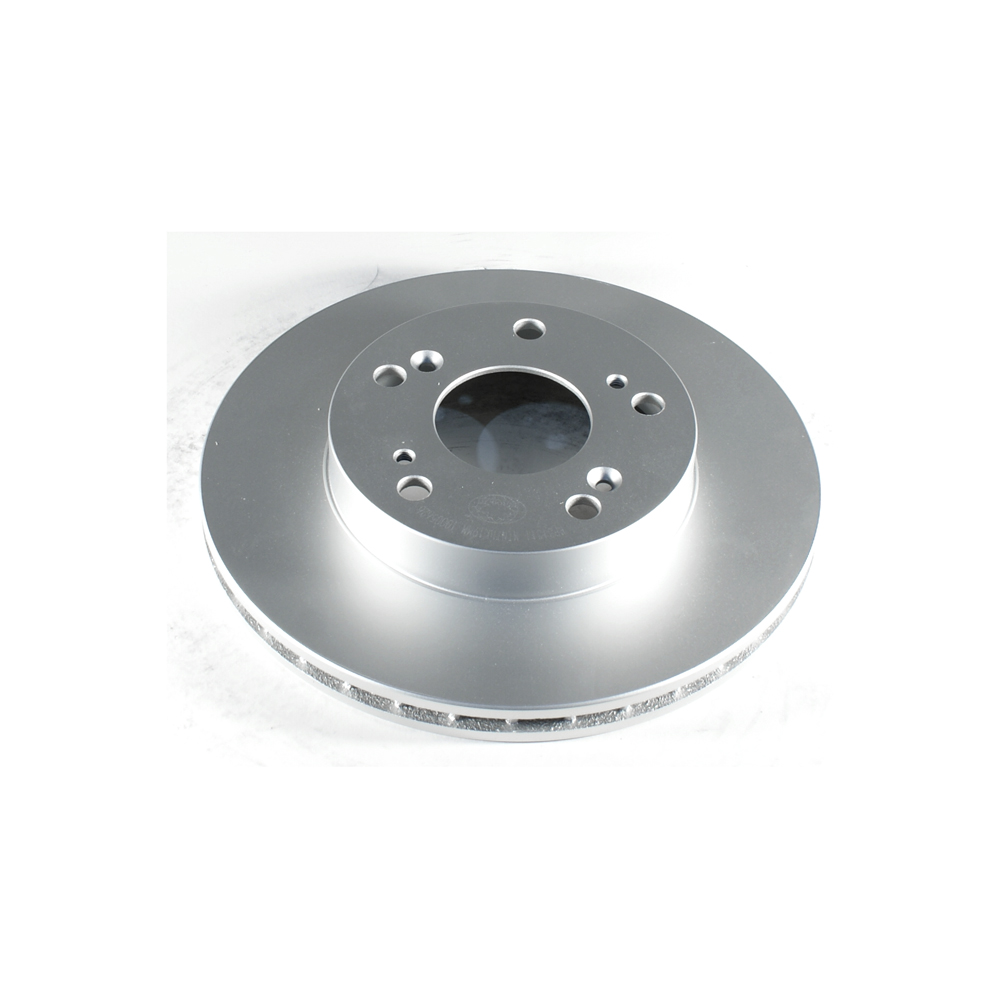
Part No: PP31311
Raybestos: 980059
OE: 45251S6M000
Raybestos: 980059
OE: 45251S6M000
$37.51 each
Per Car QTY: 2
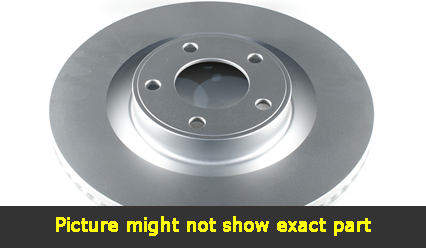
Part No: PP31381
Raybestos: 980317
OE: 45251SNEA00
Raybestos: 980317
OE: 45251SNEA00
$54.61 each
Per Car QTY: 2
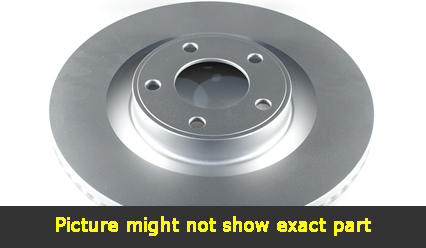
Part No: PP575121
Raybestos: 981037
OE:
Raybestos: 981037
OE:
$45.74 each
Per Car QTY: 2
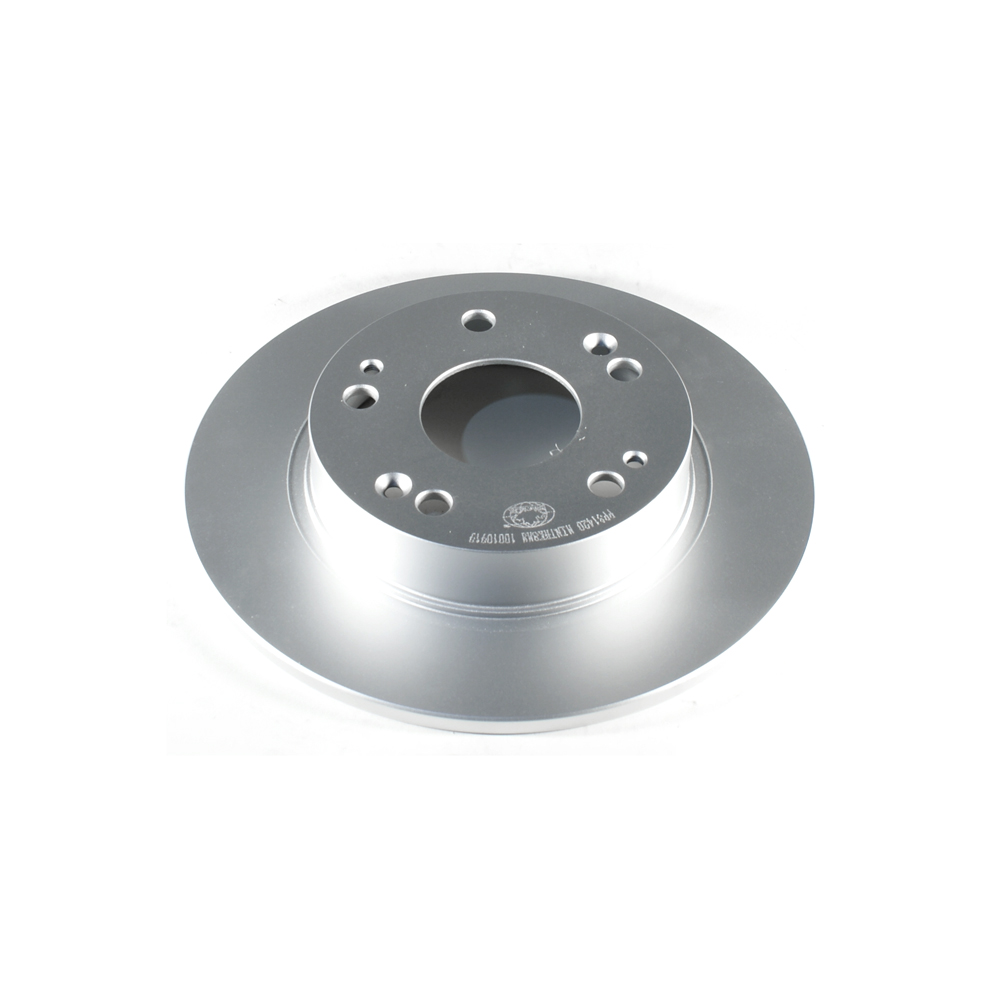
Part No: PP31420
Raybestos: 980402
OE: 42510SNAA00
Raybestos: 980402
OE: 42510SNAA00
$30.62 each
Per Car QTY: 2
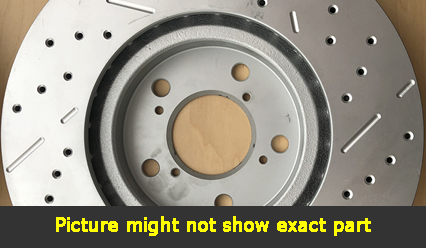
Part No: SP31257L
Raybestos: 96711/980072
OE: 45251TA5A00
Raybestos: 96711/980072
OE: 45251TA5A00
$78.34 each
Per Car QTY: 1
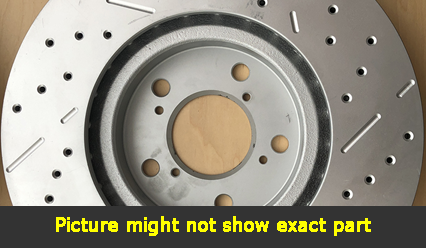
Part No: SP31257R
Raybestos: 96711/980072
OE: 45251TA5A00
Raybestos: 96711/980072
OE: 45251TA5A00
$78.34 each
Per Car QTY: 1
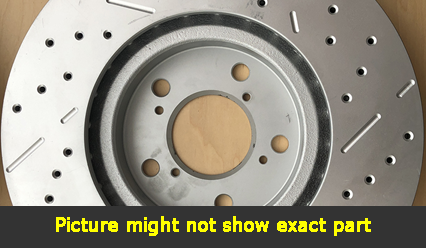
Part No: SP31311L
Raybestos: 980059
OE: 45251S6M000
Raybestos: 980059
OE: 45251S6M000
$69.91 each
Per Car QTY: 1
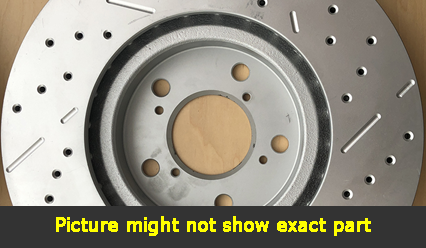
Part No: SP31311R
Raybestos: 980059
OE: 45251S6M000
Raybestos: 980059
OE: 45251S6M000
$69.91 each
Per Car QTY: 1
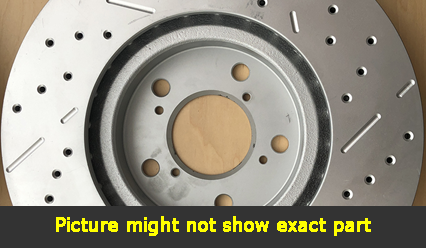
Part No: SP31381L
Raybestos: 980317
OE: 45251SNEA00
Raybestos: 980317
OE: 45251SNEA00
$87.01 each
Per Car QTY: 1
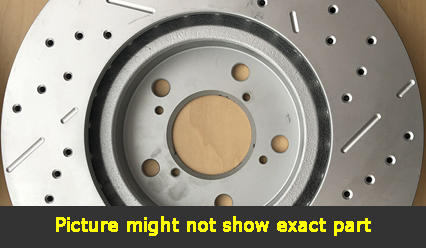
Part No: SP31381R
Raybestos: 980317
OE: 45251SNEA00
Raybestos: 980317
OE: 45251SNEA00
$87.01 each
Per Car QTY: 1
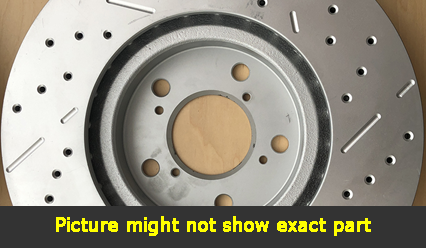
Part No: SP575121L
Raybestos: 981037
OE:
Raybestos: 981037
OE:
$78.14 each
Per Car QTY: 1
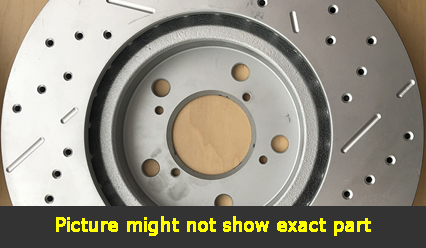
Part No: SP575121R
Raybestos: 981037
OE:
Raybestos: 981037
OE:
$78.14 each
Per Car QTY: 1
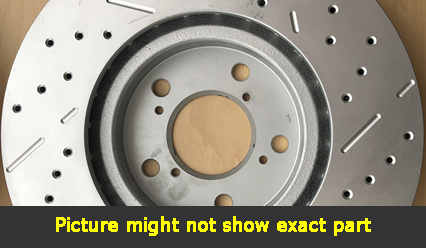
Part No: SP31420L
Raybestos: 980402
OE: 42510SNAA00
Raybestos: 980402
OE: 42510SNAA00
$63.02 each
Per Car QTY: 1
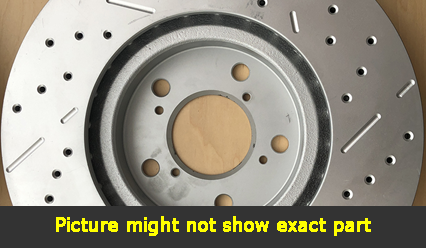
Part No: SP31420R
Raybestos: 980402
OE: 42510SNAA00
Raybestos: 980402
OE: 42510SNAA00
$63.02 each
Per Car QTY: 1
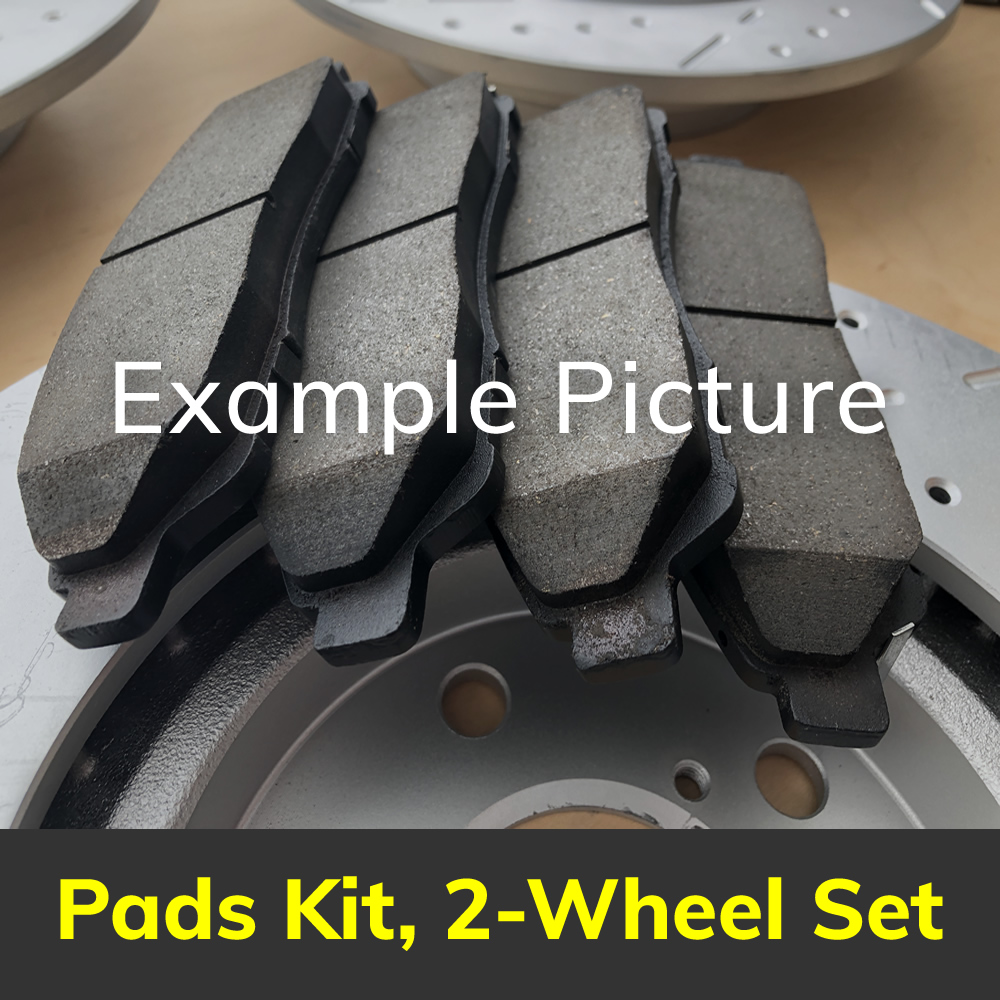
Part No: PD465AC
Raybestos: 465A
OE:
Raybestos: 465A
OE:
$27.05 each
Per Car QTY: 1
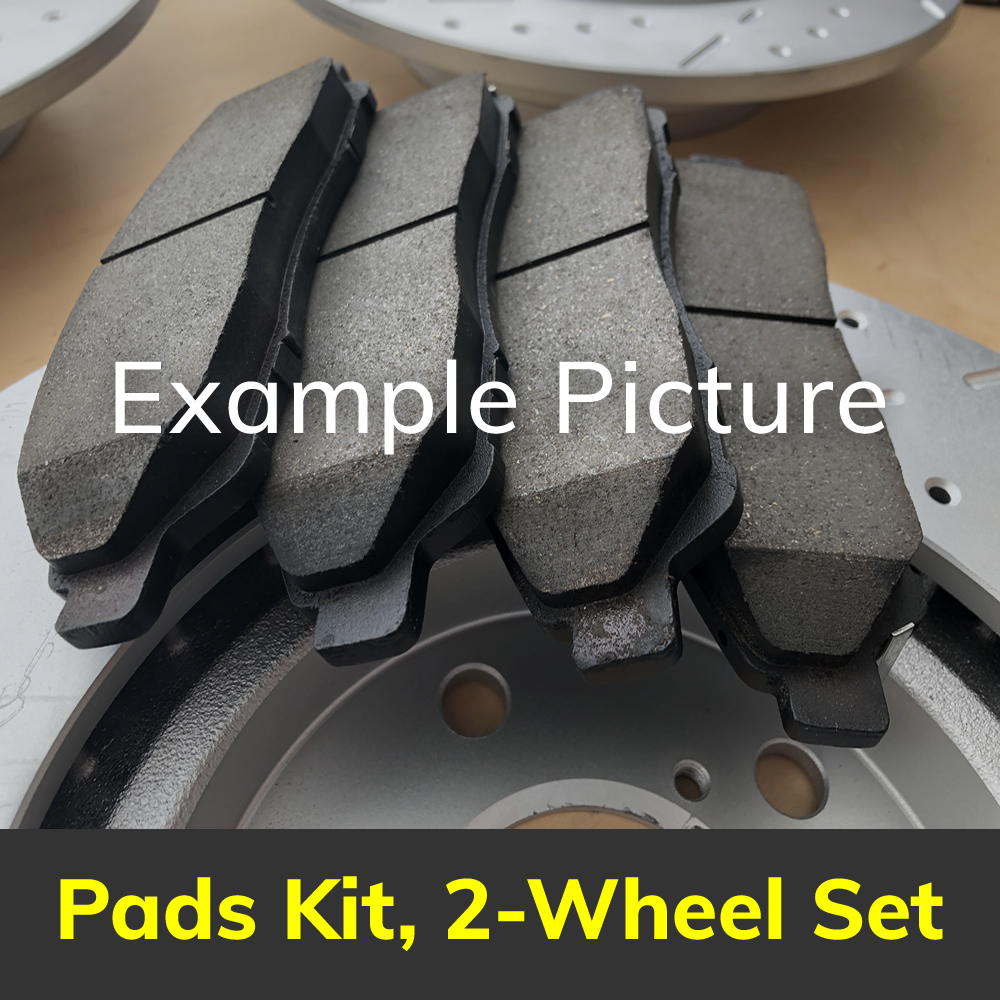
Part No: PD829C
Raybestos: 829
OE:
Raybestos: 829
OE:
$28.26 each
Per Car QTY: 1
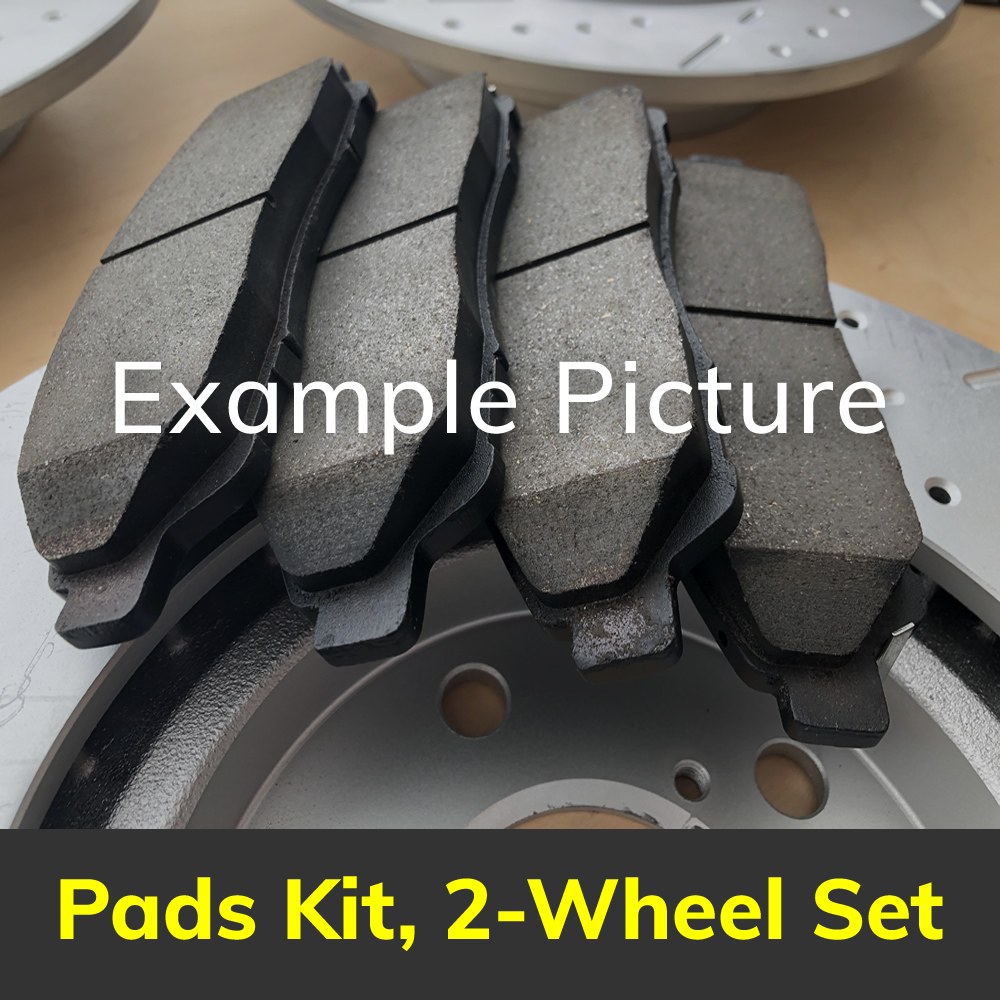
Part No: PD537C
Raybestos: 537
OE:
Raybestos: 537
OE:
$36.13 each
Per Car QTY: 1
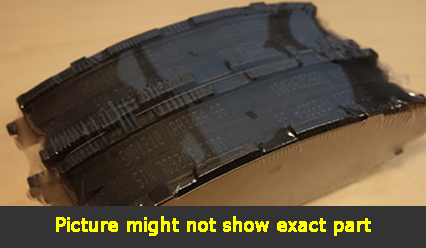
Part No: SMD465A
Raybestos:
OE:
Raybestos:
OE:
$19.89 each
Per Car QTY: 1
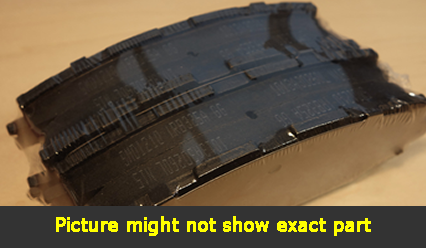
Part No: SMD829
Raybestos:
OE:
Raybestos:
OE:
$25.25 each
Per Car QTY: 1
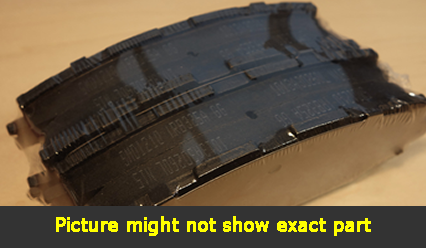
Part No: SMD537
Raybestos:
OE:
Raybestos:
OE:
$18.41 each
Per Car QTY: 1
When it comes to choosing brakes for your 2011 Honda Civic, it is essential to understand the rules and factors to consider for a safe and superior braking experience. Brakes are undoubtedly one of the most critical components of any vehicle and require careful consideration to ensure optimal performance, reliability, and longevity. Here are some rules to help you make an informed decision and select the right brakes for your Honda Civic.
1. Understand Your Driving Needs: One crucial aspect to consider is your driving style and conditions. Are you an aggressive driver who enjoys spirited driving, or do you mostly commute in the city? Are you located in an area with hilly terrain that requires more frequent braking? Understanding your driving needs will help you determine the level of performance and durability required from your brakes.
2. OEM or Aftermarket: As a starting point, it is recommended to consider choosing original equipment manufacturer (OEM) brakes. They are specifically designed and tested by the manufacturer to ensure seamless integration with your Honda Civic. However, if you're looking for an upgrade or specific performance characteristics, aftermarket options may offer more flexibility and diversity in terms of material, design, and price.
3. Brake Pads: Brake pads play a vital role in stopping your car and should be chosen wisely. There are mainly three types of brake pads available: organic, semi-metallic, and ceramic. Organic pads are the most affordable but can wear faster and produce more dust. Semi-metallic pads provide improved stopping power and durability but can be noisier and cause more wear on rotors. Ceramic pads are known for their superior performance, low noise, and reduced rotor wear but come at a higher price.
4. Rotor Material: Brake rotors, or discs, come in different materials, including standard cast iron, carbon-ceramic, and composite. Standard cast iron rotors are the most common and cost-effective option, suitable for regular day-to-day driving. Carbon-ceramic and composite rotors offer enhanced performance, heat resistance, and weight reduction, but they come at a significantly higher price and are often found on high-performance vehicles.
5. System Compatibility: Ensure that the selected brake system is compatible with your 2011 Honda Civic. Pay close attention to the manufacturer's specifications, ensuring you select brakes that fit the exact model and year of your vehicle. This will guarantee proper fitment and optimal performance.
6. Consider a Full Brake System Upgrade: If you wish to improve the overall braking performance of your 2011 Honda Civic significantly, consider a full brake system upgrade. Upgrading brake calipers, rotors, and pads together can provide a more balanced and efficient braking experience. However, be mindful that this may require additional modifications to the vehicle and might come at a higher cost.
7. Consult Professionals: If you have doubts or are unsure about selecting the appropriate brakes for your Honda Civic, do not hesitate to seek professional advice. Consult with experienced mechanics, Honda dealerships, or reputable automotive forums to gain insight and suggestions based on your specific needs and driving habits.
Ultimately, choosing the right brakes for your 2011 Honda Civic requires careful consideration of your driving needs, balancing performance with budgetary constraints, and ensuring compatibility with your vehicle's specifications. Following these rules and seeking expert advice will help ensure your safety and satisfaction with the braking system of your Honda Civic. Remember, brakes are not an area to compromise on, as they play a crucial role in your vehicle's overall safety.
1. Understand Your Driving Needs: One crucial aspect to consider is your driving style and conditions. Are you an aggressive driver who enjoys spirited driving, or do you mostly commute in the city? Are you located in an area with hilly terrain that requires more frequent braking? Understanding your driving needs will help you determine the level of performance and durability required from your brakes.
2. OEM or Aftermarket: As a starting point, it is recommended to consider choosing original equipment manufacturer (OEM) brakes. They are specifically designed and tested by the manufacturer to ensure seamless integration with your Honda Civic. However, if you're looking for an upgrade or specific performance characteristics, aftermarket options may offer more flexibility and diversity in terms of material, design, and price.
3. Brake Pads: Brake pads play a vital role in stopping your car and should be chosen wisely. There are mainly three types of brake pads available: organic, semi-metallic, and ceramic. Organic pads are the most affordable but can wear faster and produce more dust. Semi-metallic pads provide improved stopping power and durability but can be noisier and cause more wear on rotors. Ceramic pads are known for their superior performance, low noise, and reduced rotor wear but come at a higher price.
4. Rotor Material: Brake rotors, or discs, come in different materials, including standard cast iron, carbon-ceramic, and composite. Standard cast iron rotors are the most common and cost-effective option, suitable for regular day-to-day driving. Carbon-ceramic and composite rotors offer enhanced performance, heat resistance, and weight reduction, but they come at a significantly higher price and are often found on high-performance vehicles.
5. System Compatibility: Ensure that the selected brake system is compatible with your 2011 Honda Civic. Pay close attention to the manufacturer's specifications, ensuring you select brakes that fit the exact model and year of your vehicle. This will guarantee proper fitment and optimal performance.
6. Consider a Full Brake System Upgrade: If you wish to improve the overall braking performance of your 2011 Honda Civic significantly, consider a full brake system upgrade. Upgrading brake calipers, rotors, and pads together can provide a more balanced and efficient braking experience. However, be mindful that this may require additional modifications to the vehicle and might come at a higher cost.
7. Consult Professionals: If you have doubts or are unsure about selecting the appropriate brakes for your Honda Civic, do not hesitate to seek professional advice. Consult with experienced mechanics, Honda dealerships, or reputable automotive forums to gain insight and suggestions based on your specific needs and driving habits.
Ultimately, choosing the right brakes for your 2011 Honda Civic requires careful consideration of your driving needs, balancing performance with budgetary constraints, and ensuring compatibility with your vehicle's specifications. Following these rules and seeking expert advice will help ensure your safety and satisfaction with the braking system of your Honda Civic. Remember, brakes are not an area to compromise on, as they play a crucial role in your vehicle's overall safety.






